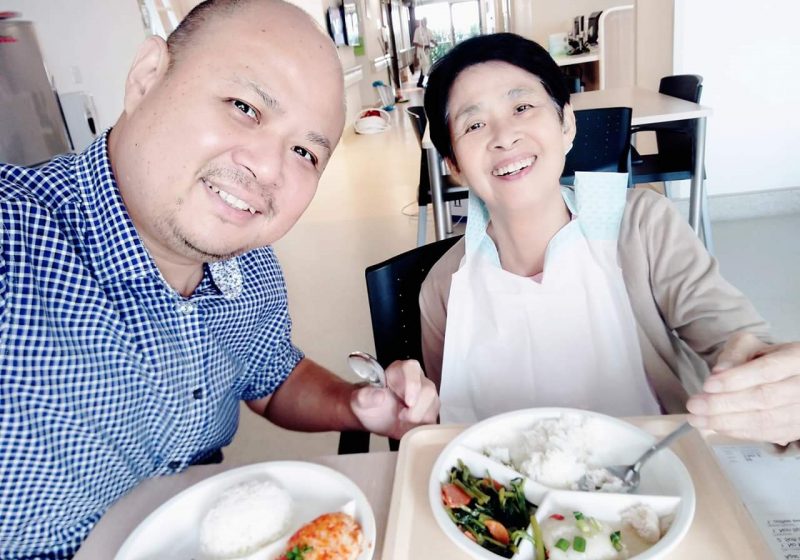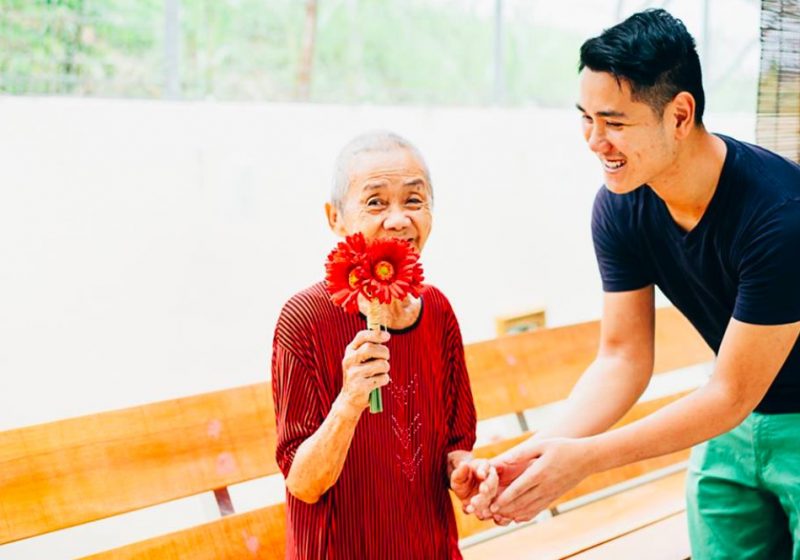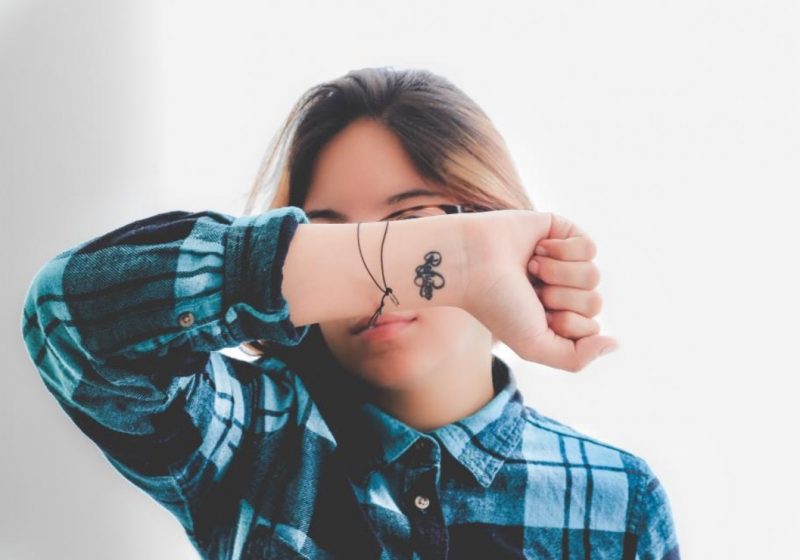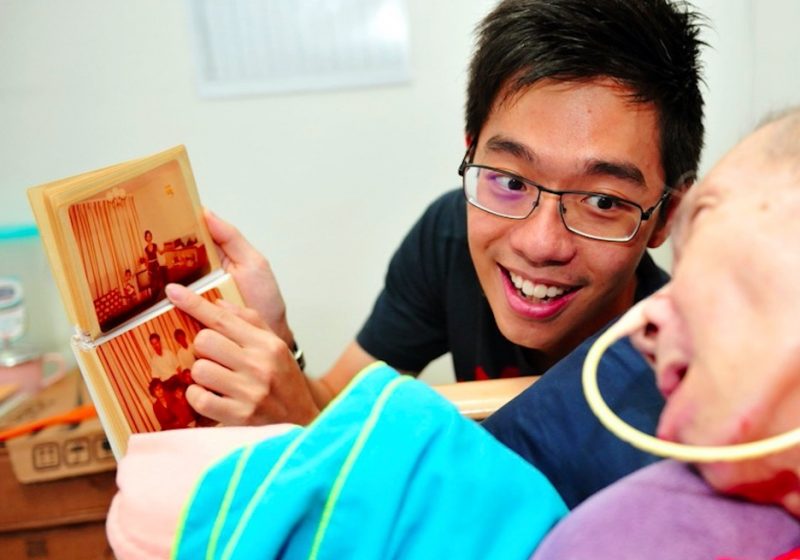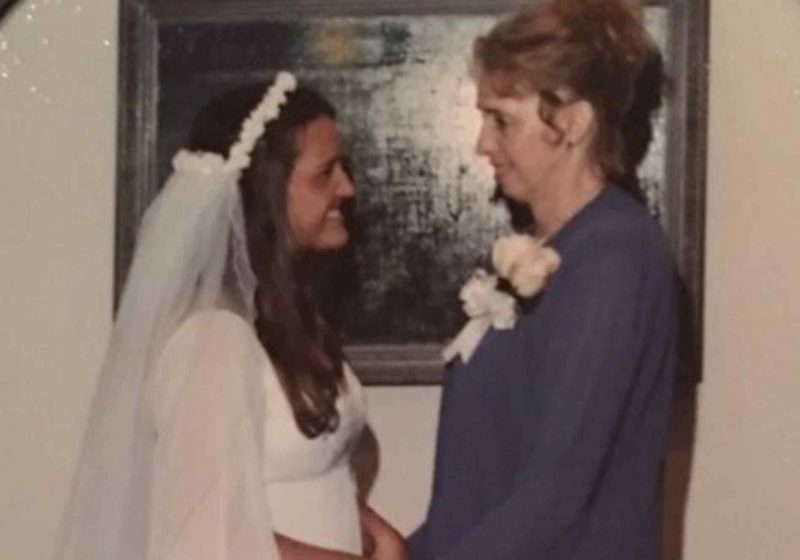Ying Ying Ho first started assuming the role of her parents’ caregiver approximately 8 years ago at the age of 36. During that time, she was still climbing the corporate ladder and was a promising early childhood educator in Singapore. She shares her journey in caring, her struggle with burnout, and how she found support.
By Ying Ying Ho

My role in caregiving started with dad
At first, the role was simple. I was chaperoning my parents for their medical appointments or minor surgeries in both the hospital and polyclinics and ensuring that they took their medications on time. This would mean I had to utilise all my annual leaves as both of them had multiple appointments. Apart from shuffling between appointments for my parents, my role mostly consisted of buying nutritious food for my dad and trying to maintain his emotional and physical wellbeing. Four years ago when I was forty, my dad’s health started deteriorating. My career had also progressed from my teaching role to one on the management level. With more responsibilities and a heavier role, I had to split time into caring for my dad and upholding my work efficiency.
Taking a step back in my career
After a year of rushing home and dropping everything with just a phone call saying that my dad had fainted; had high fever; had this, or that, I decided that enough was enough. I was constantly needed by my family and I could not keep up with my management role at work.
To be fair to both my company and myself, I took a backward step in my career and returned to teaching. I needed the flexibility to care for my parents. I chose to work as an enrichment teacher as I knew I would not be able to commit to the horrendous long hours required of a class teacher. However, this decision was short-lived as my dad became critically ill half a year later and was hospitalised for two and a half months. Luckily for me, I was able to switch to part-time work as I had an understanding boss. I was trained in the hospital to tube feed, suction phlegm and clear the urine bag for my dad. During that period, I slept at most 3-4 hours per night and was exhausted beyond words. Unfortunately, my dad passed on 3 days after being discharged.
Noticing the signs of mum’s dementia
After my dad’s demise, I thought that I could finally turn attention to my poor mum, whom needed me even more. My job however made it difficult for me to be present. Although my role was on a part-time basis, it still required me to work erratic hours such as mid-mornings till late at night. The travel time back and forth between work and home was tight, so I would often choose to stay at my workplace during breaks between shifts. I kept connected with mum by making sure to call and check-in on her, reminding her to eat and take her medications.
A month after my dad’s passing, I fell ill and was sick for a month. When I recovered, I started noticing that my mum was losing weight. I would also always find her sleeping. She would refuse to eat much and always insisted that she was full. I thought she was exhibiting signs of depression and sought counselling with the antidepressant from Polyclinic. I even brought her for Traditional Chinese Medicine and homoeopathy treatments, all to no avail.
My mum also started showing a total loss of interest in everything. While I was running a high fever due to inflammation during that month of being sick, my mum had ignored and left me to fend for myself. This was the first time in my life that mum had stopped caring for me. Her motherly instinct just didn’t or couldn’t kick in. She also had difficulty performing tasks such as cooking which she had been routinely doing over the past 40 years.
I always found mum in a state of confusion between time and place. I once mentioned that I needed to get a calendar to start planning as it was the start of the year. She looked at me and commented that it was already October. She was unable to recognise familiar places. We have been staying in the same neighbourhood for the past 30 years and visiting the same places every few days but she struggled to remember how to get around.
In hindsight, the signs were all there
Mum started vomiting frequently and once broke out in cold sweat. I did not understand what was happening and decided to rush her to the emergency department. She was in extreme pain in her abdomen. The doctors shared that she needed surgery immediately due to perforated ulcers. I was shocked to hear and it was then that I discovered that mum had not been eating. I realised that my attempts in making sure that she was having her regular meals by calling between my work shifts did not actually work. She had already lost track if she had eaten or not. Her dementia had kicked in.
“Caregiving is a marathon. If we don’t know or don’t bother about self-care, we will not be able to survive the journey for long. Just like the oxygen mask theory in a plane with declining altitude, we need to recognise that it is important to first put on our own mask before we can help others. We can’t help anyone if we are passed out.”
Managing work, family, and care
I’m still trying my best to now juggle 3 jobs and the responsibility of being the sole caregiver for my mum, plus care for myself. Time is what I lack and sleep is what I crave the most. I have two siblings but the help being given is not much and have had to face constant rejection. I found myself going through a burnout when I struggled to balance work, family, care and finding time for myself.
Going through a burnout
My trigger came when I attended a BBQ gathering with some friends. I haven’t had a social life for years and decided to take a break that day. I enjoyed myself during the few hours I spent with my friends, but I also experienced tremendous guilt. I questioned why I was feeling that way. Yes, I was worried about my mum. But more than that, I also felt a bundle of emotions including jealousy, unfairness, and self-pity because I felt like I wasn’t given a “choice”. The role of caregiving fell on to my shoulders and it felt like I did not have a choice.
I cried frequently during my phase of ‘burnout’. I don’t usually cry but that period saw me sobbing and bawling my heart out. I also became easily irritable and always found myself overreacting to minor nuisances. I was resentful of my mum, feeling injustice. I felt like I had no space for leisure activities. I just wanted to crawl into a hole and lie there for eternity. And yes, even though I was eating chocolate daily, trying to use it as a pick-me-up, I was feeling and looking run down. I was exhausted, feeling depressed and having colds and aches constantly.
How I found support
I was thankful enough to have a friend who reminded me of my circumstance and how I needed to face and live it. I needed to acknowledge the fact that this was a caregiving role I had accepted and that it was a choice. Having a dear friend that provided an objective third-party view really helped me see light. She helped to wake me up from the horrible slumber, and the cycle of victim mentality.
I realised that the burnout had led me to view things through the lens with a victim mentality. This was destructive and drained me from inside out. I started seeking counselling and that has really been one of my best options for self-care so far.


